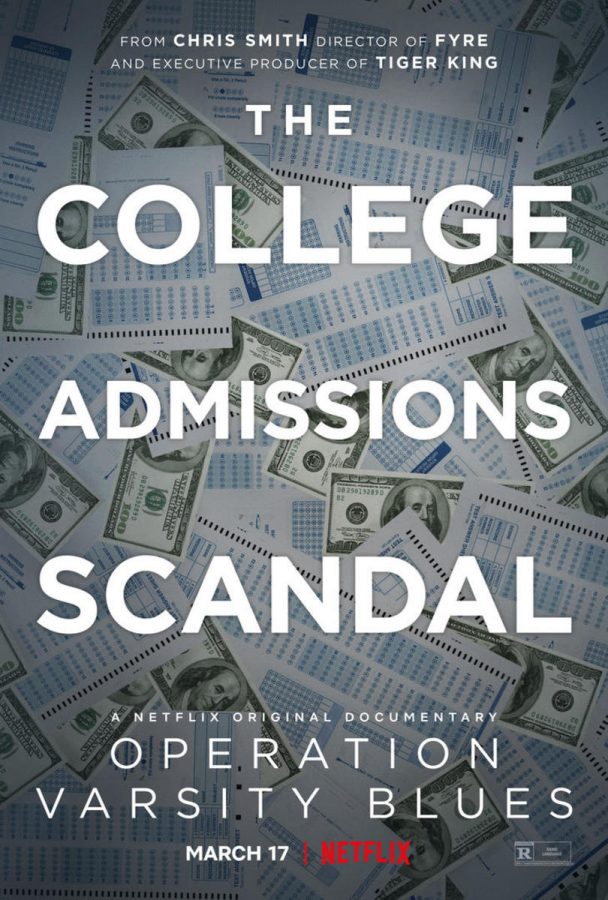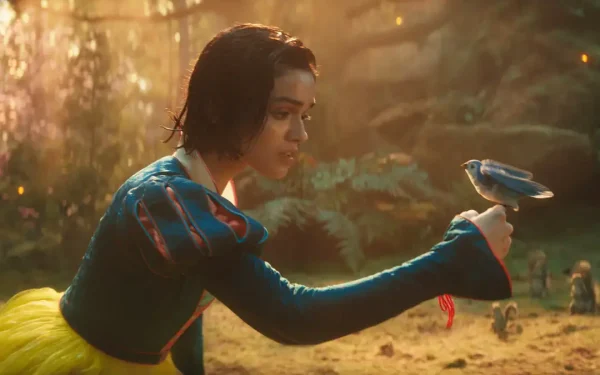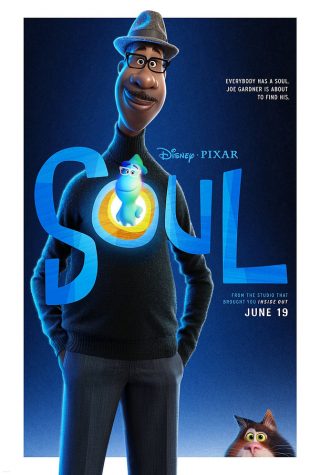“Operation Varsity Blues” deserves an acceptance letter
photo by Netflix
This is the movie poster for “Operation Varsity Blues,” released to Netflix on March 17.
The pressure of applying to college plagues students. As an extremely volatile stress inducer, students and their parents have been obsessed with the idea of attending an elite institution—in recent years, the number of applications to prestigious universities has soared. Netflix Original documentary “Operation Varsity Blues,” released on March 17 outlines the lengths those with this obsession are willing to go. It provides an in-depth look into the college admissions scandal orchestrated by Rick Singer (played by Matthew Modine).
The scandal broke national headlines in 2019, revealing the illegal deals and bribes made by wealthy families to ensure their admissions into elite schools like Yale and USC. The film explains this process through a “side door method”: Singer and his company would fabricate strong athletic profiles for students, while coaches and college athletic directors would willingly go along with the pretense.
Not only did the “side door” devalue the work of actual college recruited athletes, but it demonstrated the extreme privilege the rich had.
The documentary takes its name from the FBI’s code name for the investigation, “Operation Varsity Blues.” Accompanied by the slew of interviews, news segments and YouTube clips, the film extracts the FBI’s released wiretap transcripts in order to recreate the events as they happened in real life. The conversations included are word-for-word from the transcripts, an excellent move on the director’s part. This provides an intriguing and real look inside what truly happened with no unnecessary dramatization like some other documentaries.
Seeing the conversations play out so simply, as if it was normal, was sickening: these families were entitled to every resource they could have to legally get their kids into college, yet they still attempted to illegally exploit the system. It showcases just how far they were willing to go to fulfill their desires of having their child attend a prestigious university.
Although there is a lot of information to digest, the documentary was relatively easy to follow. Every time a new person was brought into the re-enactment, it cut to a brief introduction of the person actually implicated and it provides a background on individuals the audience may not know. Not only does the added context avoid unnecessary confusion, but it was also a nice touch from an editing perspective: re-enactment scenes were made distinct from other footage with the inclusion of horizontal black bars.
“Operation Varsity Blues” had its fair share of interesting and relevant interviews. Along with interviews of college counselors, prosecutors and friends, one of the most important interviews was with John Vandemoer, former Stanford sailing coach. Vandemoer was indicted for his involvement in the scandal, and his interview gave an insider look at his personal experience with Singer. It was very compelling to the overall storyline and had me wishing that there were more interviews of the same caliber.
A serious tone was established with the content of the movie, which was only enhanced through the tense music and suspense build-up. However, there were moments of dry humor that helped lighten the mood. One of the best moments in the entire documentary was when a YouTube clip of a girl was played, expressing how she was sure other students that were more deserving than her got into a school she got rejected from… and then it cut to Olivia Jade. Jade, an influencer and the daughter of actress Lori Loughlin, used the “side door” to be recruited as a coxswain, or rower, for the University of Southern California’s crew team.
One of the only things the documentary lacked was a true explanation of the students’ own ignorance towards their parents’ schemes. A big part of the conversations throughout the documentary emphasized that the kids did not find out, yet they were allowed extra time on standardized tests or posed for fake athletic photos. An added benefit would have been an interview from the kids’ perspective of the scandal.
After a cohesive narration of events, the end of the documentary brought it to the present day: the people indicted, their status in court and sentence was displayed. Even though the proceedings are still ongoing, it brings closure to the scandal itself.
The process of the scandal and these individuals’ downfall from grace will have the audience’s eyes glued to the screen. While morally repulsive, the scandal highlights the bigger issue of college admissions, specifically in the sheer amount of flaws in higher education. Although every student should have an equal shot, the documentary does an excellent job in exposing how status, money and privilege can play a huge role in the admissions process—and why the system needs to change.
Your donation will support the student journalists of Hagerty High School. We are an ad-free publication, and your contribution helps us publish six issues of the BluePrint and cover our annual website hosting costs. Thank you so much!












